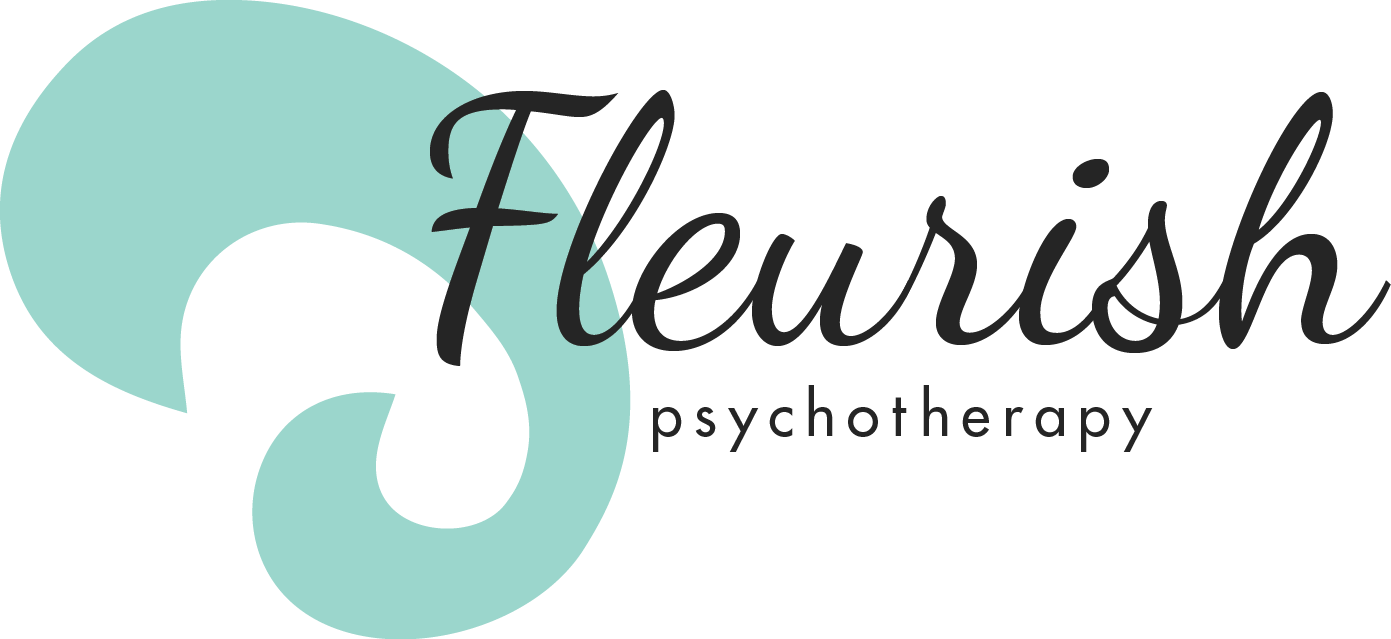What You Need to Know About Health Anxiety
When you’re living through a pandemic, it’s natural to pay more attention to symptoms that seem suspicious or physical sensations that seem new or troubling.
If these concerns are interfering with the quality of your life and leading you to assume you have medical issues you have not met the criteria for having, then you may instead be experiencing health anxiety. It often starts in early adulthood and grows more serious as you age as we all naturally get more aches and pains and health conditions become more common.
Health anxiety varies in intensity. You may be able to put your mind at rest with some effort on your own, or you may need to seek professional care. Try this quick guide for understanding your options.
Self Care for Health Anxiety
Educate yourself.
Starting with this article! Maybe you perceive ordinary experiences as being more dangerous than they are. How are you reality-testing your symptoms? Learning about common symptoms of minor ailments could help you keep things in perspective and rule out illnesses you do not have.
Limit online searches.
On the other hand, often people overwhelm themselves with all the medical issues that could be indicated by symptoms such as an upset stomach. An upset stomach can just be a symptom of anxiety. So take a break and get off WebMD.
Help others.
Shifting the focus away from yourself is one of the most effective and constructive distractions. Volunteer at a food bank or animal shelter in your area. Start a community garden in your neighborhood. Or simply open a door for someone. The point is to notice the needs around you and outside of yourself. Don’t know where to begin? Sites like VolunteerMatch.org can help pair you with local non-profits that need your help.
Manage stress.
Chronic tension can aggravate any condition, including anxiety. Try to think positive. Experiment with relaxation techniques to find what works for you. Listen to music or book a massage. Try an app for mindfulness or meditation. Progressive muscle relaxation meditation can be particularly helpful.
Be active.
When we are stressed we often have too much adrenaline and cortisol flooding our system. One way to work out these excess stress hormones is to get movin’. Do you avoid doing things you used to enjoy because you think you’re not strong enough? Encouraging yourself to stay engaged could lift your spirits and help you to be more realistic about your abilities. It also doesn’t need to be lifting weights or running a 5k. Try a walk outside.
Sleep well.
Anxiety interferes with sleep, and sleep deprivation leaves you feeling out of sorts which then contributes to anxiety. It can be a vicious cycle. Make it a priority to stick to a consistent bedtime that gives you 7 to 8 hours of rest each night. Practice good sleep hygiene, meaning create a wind-down routine and limit technology, alcohol, and caffeine, especially later in the evening.
Breathe deeply.
For fast relief, practice breathing exercises that can calm you down or give you energy, there are tons of apps out there that can walk you through such exercises.
Build support.
Let your family and friends know how they can help you. Talking with someone you trust may help you deal with the issues contributing to your health anxiety.
Medical Care for Health Anxiety
Consider therapy.
Health anxiety is often connected to other disorders, including other forms of anxiety. Sometimes anxiety in one area of our lives can affect anxiety showing up in other areas too. Processing your stress and learning how to work through your triggers can reduce anxiety and increase well-being. Therapy can help you learn to communicate clearly so that you can effectively voice your concerns to your doctor. Therapy can also help you explore your family history. You may be more prone to health anxiety if you or a family member had a serious illness while you were growing up. Working through this history can help you gain insight and freedom from the stress of the past.
Seek appropriate medical care.
If you’re afraid of finding out you have an illness, keep in mind that early diagnosis can often give you the best possible outcome, so keeping up with check-ups and preventive care can help reduce anxiety.
Take medication.
Sometimes prescription medication such as antidepressants and anxiolytics can help reduce your symptoms of anxiety.
If you think you or a loved one may be troubled by excessive and irrational health concerns, talk with your doctor. An effective treatment plan can help you to take care of your mental and physical wellbeing and enjoy life more.
